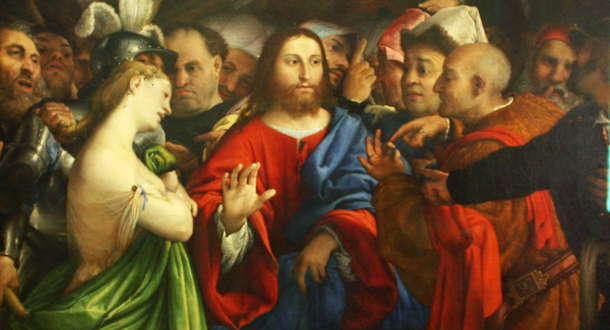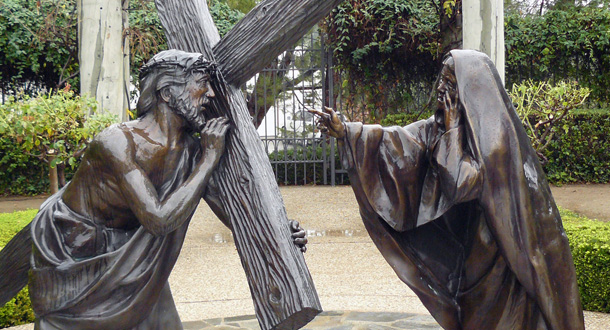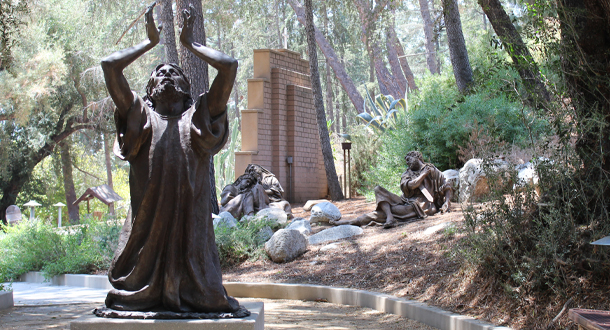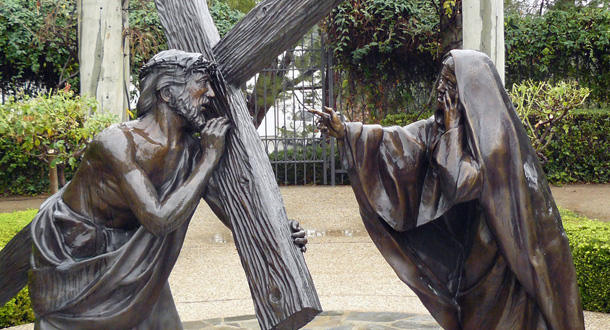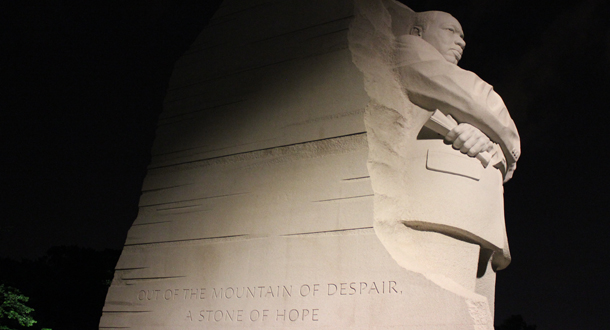
Scripture:
Reflection:
Facing the Challenge of Judgement
Ah, the fifth week of Lent…our annual quest for renewed hearts! Today’s Scriptures are loaded with intrigue and false accusations — all met by the power of God manifest in the insightful words of the young prophet Daniel and the selfless love of Jesus, “the Light of the World”.
The reading from Daniel 13 relates the saga of Susanna, wife of Joachim, who was falsely accused of adultery by two scorned, lust-filled elders. She stood condemned to death – until the “young boy” Daniel appeared on the scene and shrewdly defended Susanna from the perjury of the two elders; their individual testimony conflicted, and they both received the death sentence they sought for her.
The Gospel selection from John 8 shares Jesus responding to the charges of blasphemy and deceit made against Him by some evil-spirited Pharisees. Jesus had been teaching in the treasury of the temple area, proclaiming that He is the Light of the World, that God the Father had sent Him to share His life-giving message of selfless love. In word and deed, Jesus reveals Himself as the Light of the World, penetrating the darkness of human wickedness so often displayed in selfish, careless, baseless judgements.
Today, April 4, 2022, is the 54th anniversary of the assassination of Dr. Martin Luther King, Jr. He dreamed of the power of love to transform judgements, misconceptions, and injustice. He is considered by many a contemporary “Apostle of Freedom”.
The message? Prayer, penance, and almsgiving this Lent encourage a greater intimacy with God, and a greater love for our fellow human beings. Our world scene? We continue to rush in judgement of the gifts, the motivation, and the dignity of one another; at times we may work hard at trying to be and do good while selfishly comparing ourselves with others.
May this Lenten season help us move beyond selfish judgements. May our hearts be touched by the wisdom of the young prophet Daniel and the Light and Life which is Jesus. May we be honestly renewed in heart and life, sharing the Jesus-inspired radiance and energy that help us lovingly embrace the opportunities and challenges of 21st Century life.
The Responsorial Psalm, Psalm 23, encourages: “The Lord is my shepherd…He guides me in right paths…I fear no evil…goodness and kindness follow me all the days…” May we walk hand-in-hand, with Jesus Christ, our Easter Light.
Fr. John Schork, C.P. serves as the Province Vocation Director and also as Local Superior of the Passionist Community of Holy Name in Houston, Texas.

